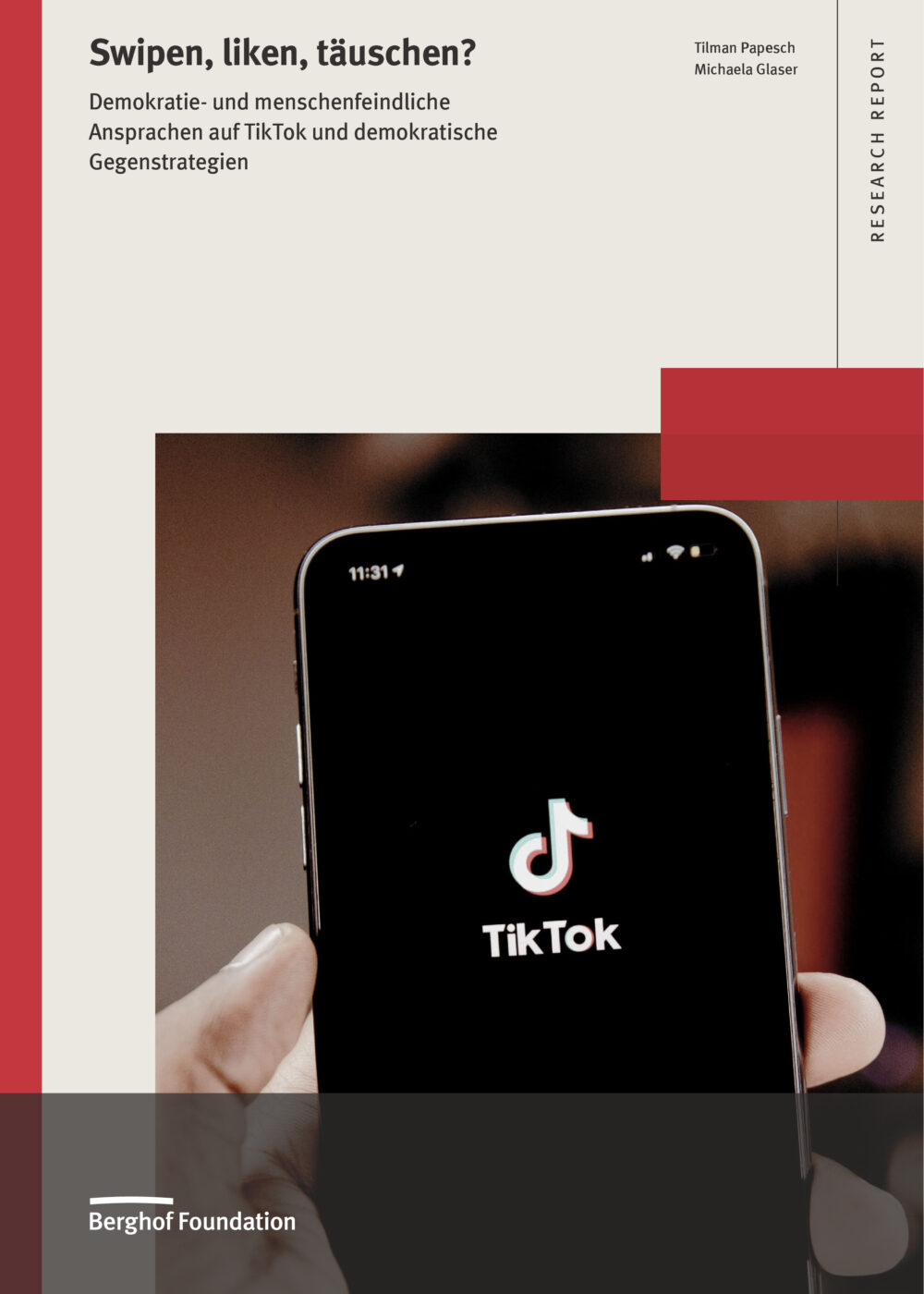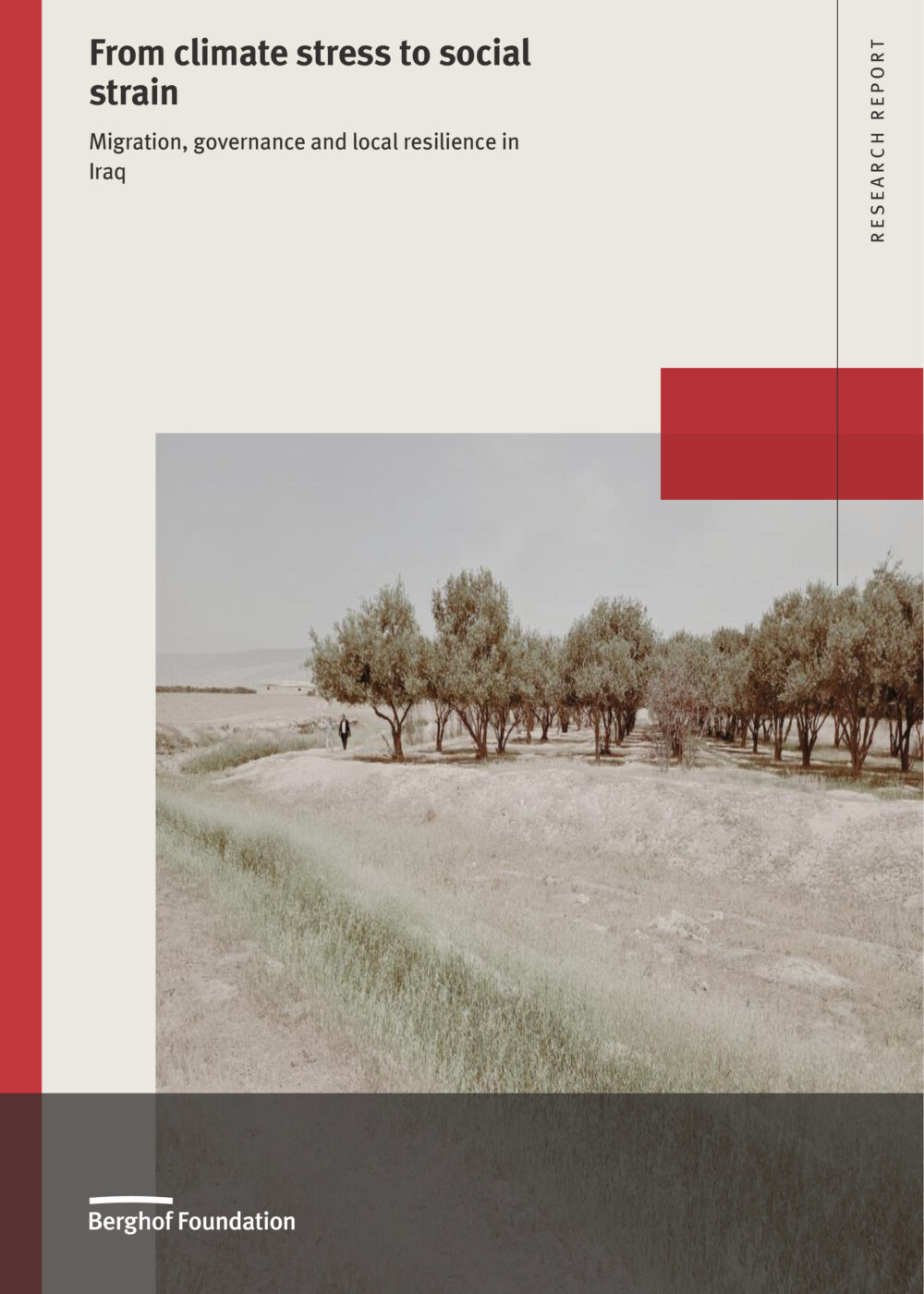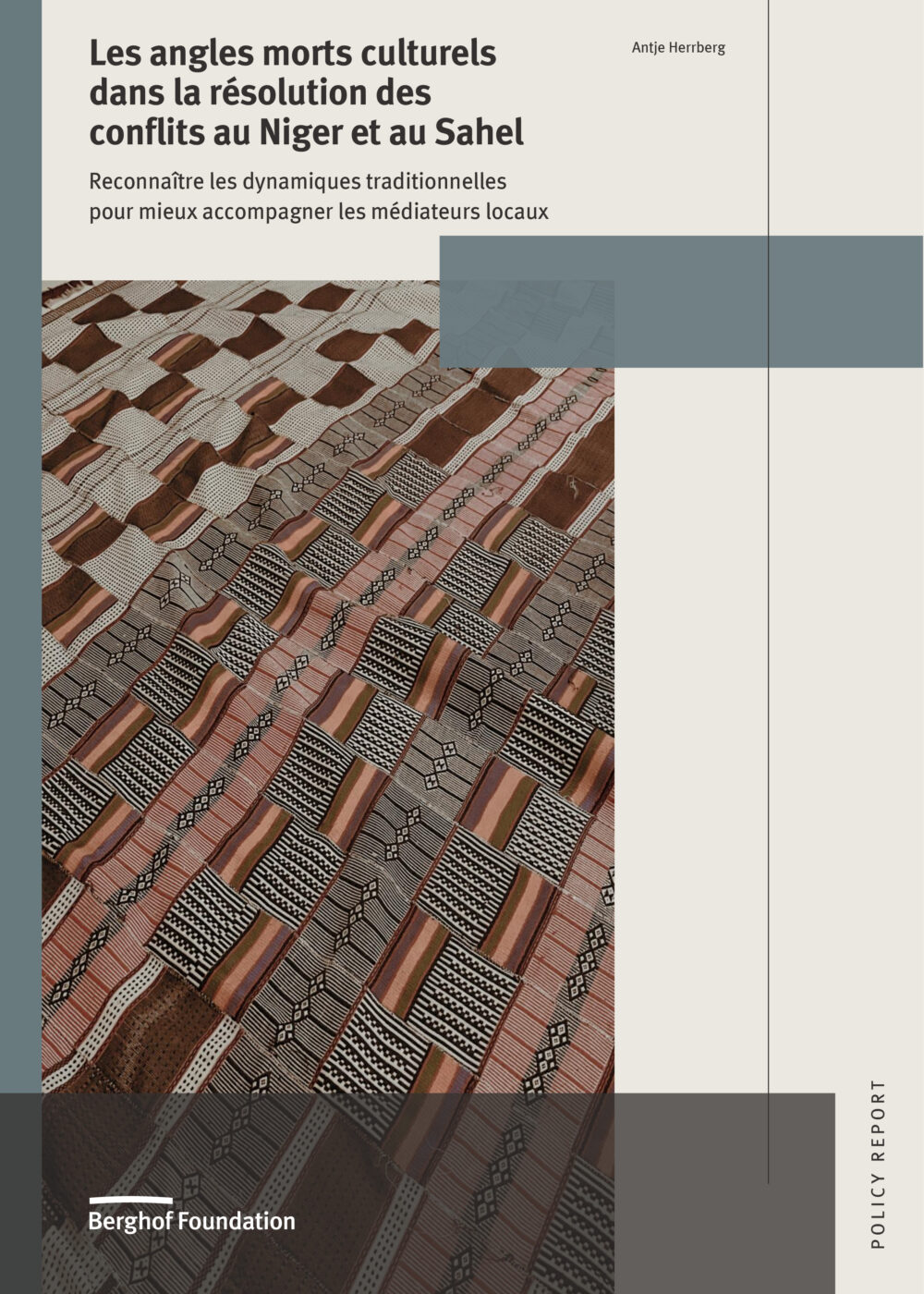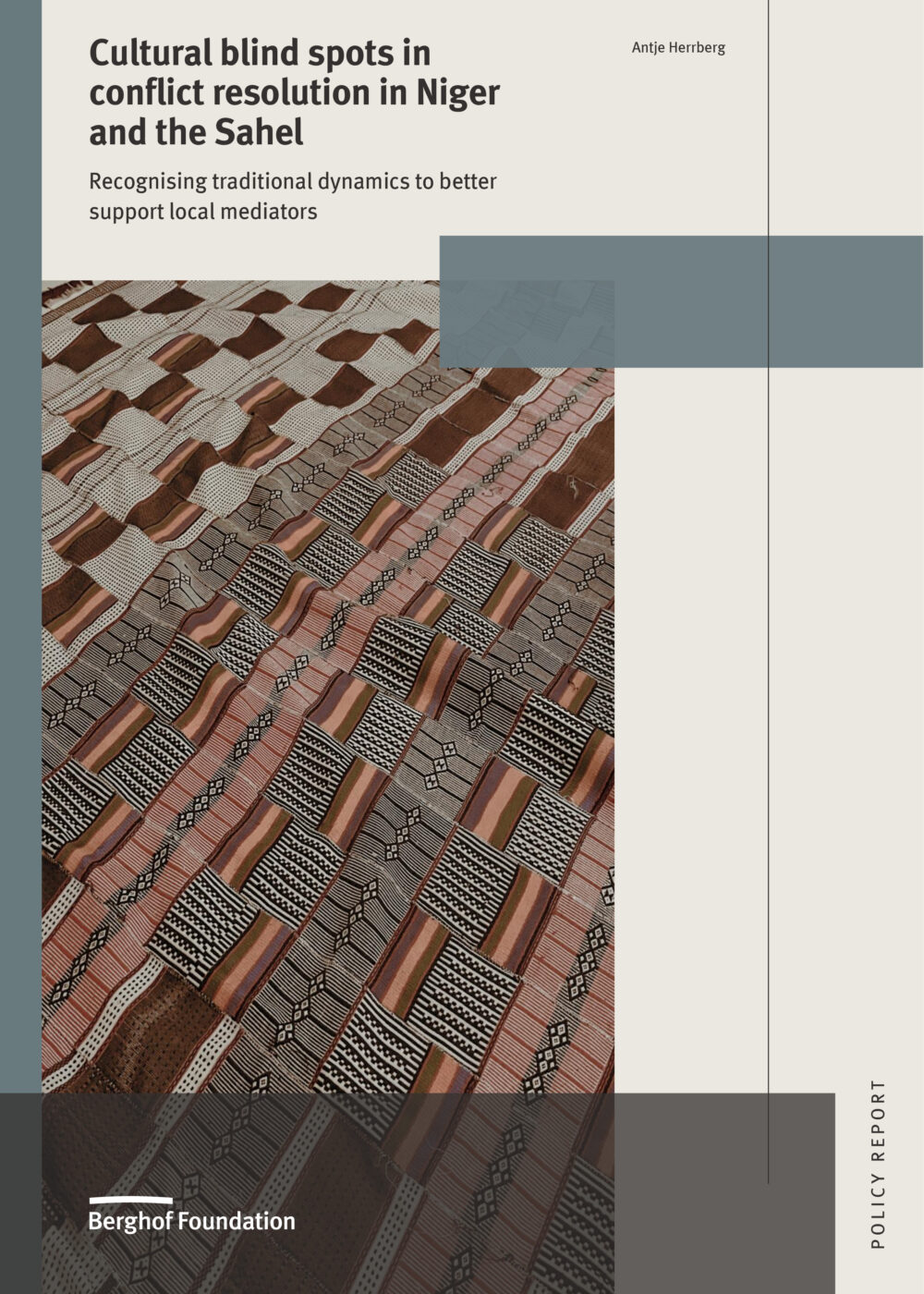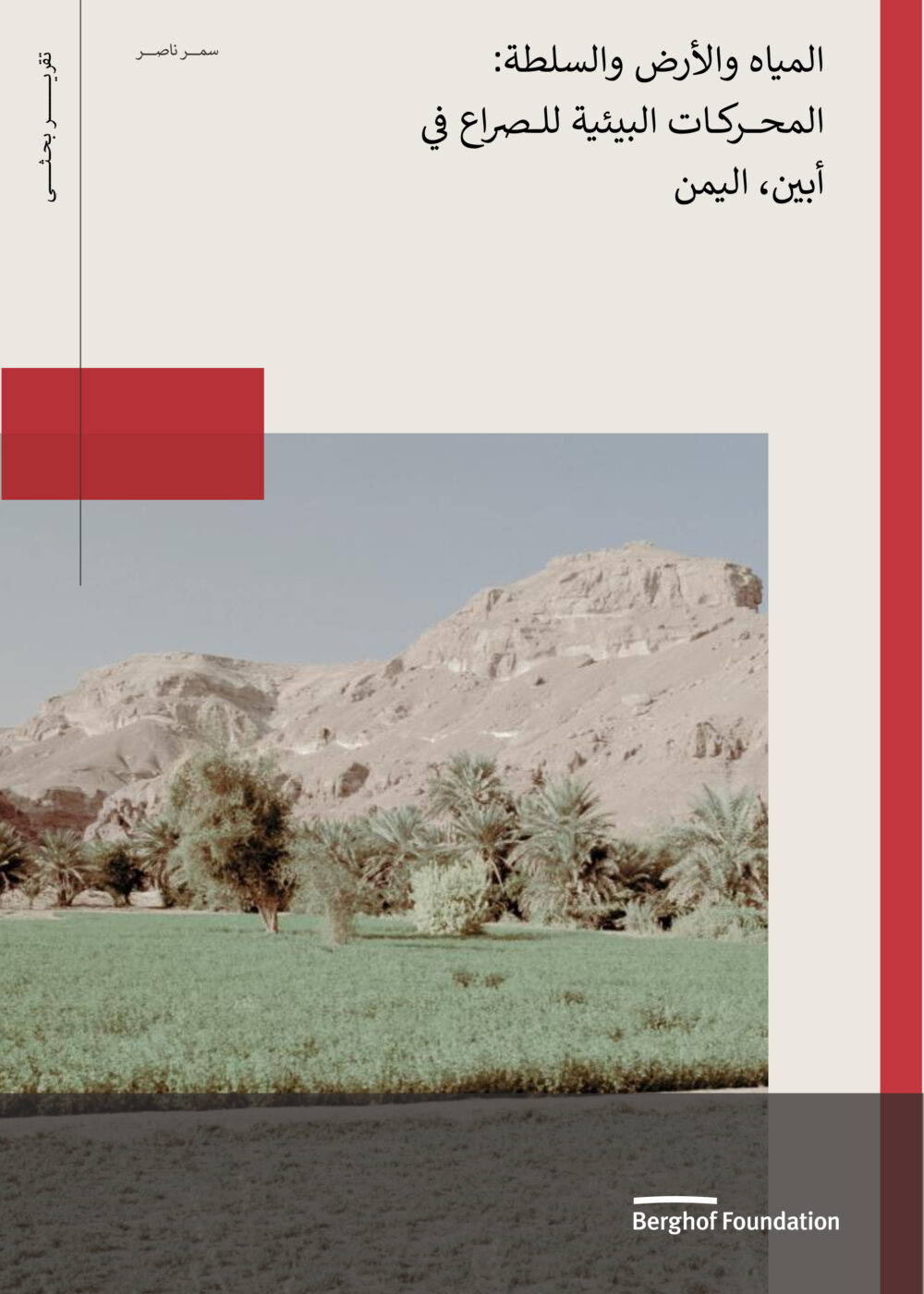21 Mar 2016
Transforming War-Related Identities. Individual and Social Approaches to Healing and Dealing with the Past
Handbook Dialogue Series No. 11 - complete
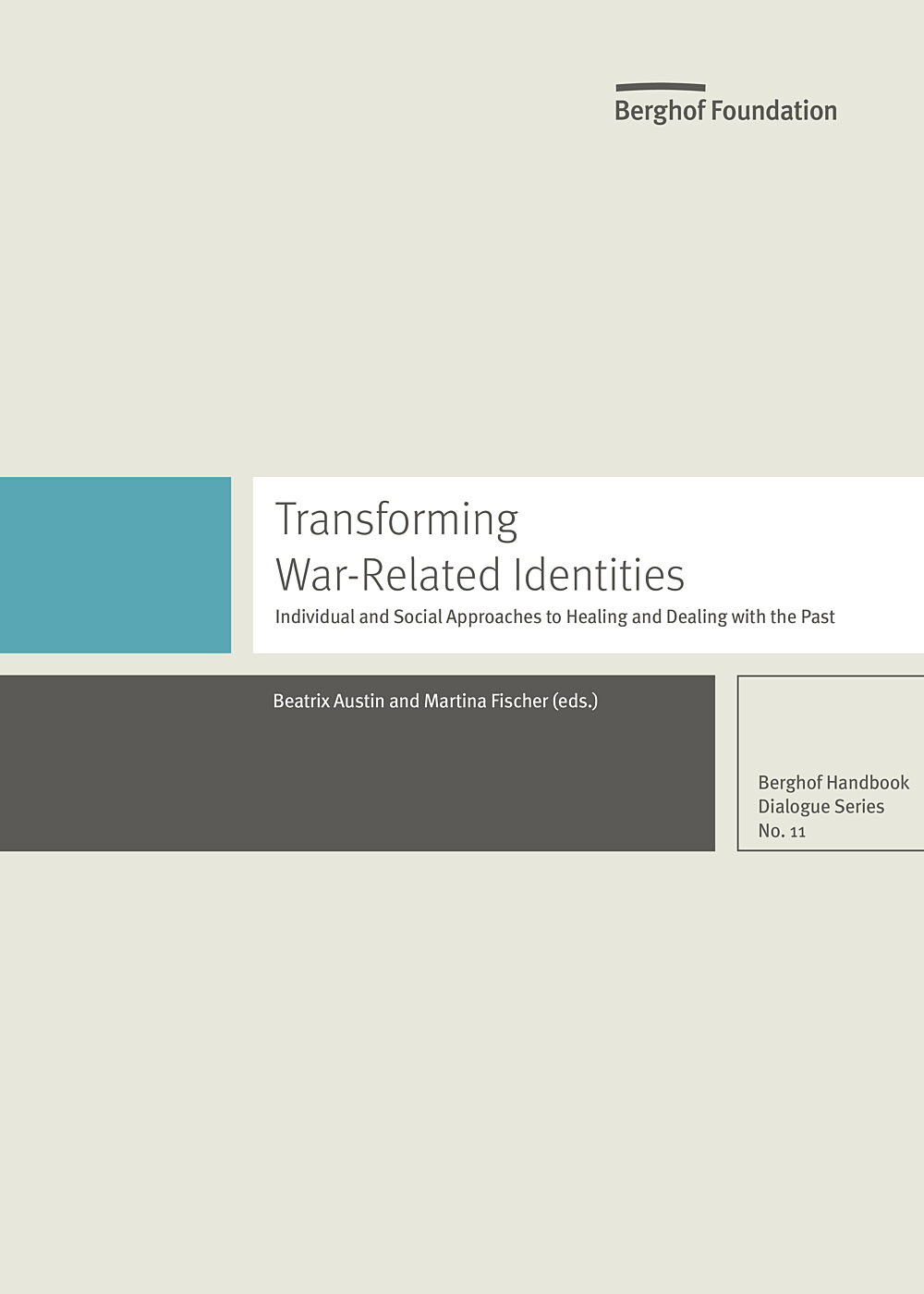
In all the post-war regions in which we engaged – together with a variety of partners – over the past two decades, we faced the crucial question of how to deal with traumatic experiences, painful memories and war-related identities. In many societies emerging from war, people are constantly dealing with the past in one way or another, although with diverging and often even opposing purposes. Transitional justice strategies have become an important element of post-war reconstruction programmes established by international organisations and donors. Recommendations for these programmes tend to include war crimes prosecution by international, hybrid or domestic courts, truth commissions, lustration of state administrations, symbolic reparations or material compensation, as well as psychosocial support for those affected by the wars, incentives for societal dialogue, or initiatives that provide space for “working through” or alternative views on history. However, there is still a lack of knowledge of how the different transitional justice approaches impact on societies affected by violence, on groups as well as individuals.
Editors
Beatrix Austin, Martina Fischer
The experience that in many places transitional justice has been conceptualised too much in a legal sense and that the needs of the victims have often been ignored (Lekha Sriram et al. 2013) has also helped to sensitise international actors, scholars and practitioners and encouraged them to think about more victim-centred approaches. International organisations (such as the World Health Organization), private foundations and aid agencies (e.g. the War Trauma Foundation, World Vision, and the World Council of Churches together with the Eastern Mennonite University) have in the meantime come to the conclusion that psychological aid is a must for programmes aiming to assist societies recovering from war (see World Health Organization et al. 2011). However, studies that focus on the psychosocial legacies of war and on war-related identities from an interdisciplinary perspective are still rare.
The question of how individuals and collectives can come to terms with war-related memories or trauma after mass atrocities is crucial for framing post-war relationships.
In memory of Dan Bar-On
This Handbook Dialogue is dedicated to Dan Bar-On, who spent most of his life reflecting on practical approaches for dealing with the past and exploring how people whose lives and identities have been shattered by violence come to live a decent life again.
Thanks for your interest
If you find this publication useful, please consider making a small donation. Your support enables us to keep publishing.



